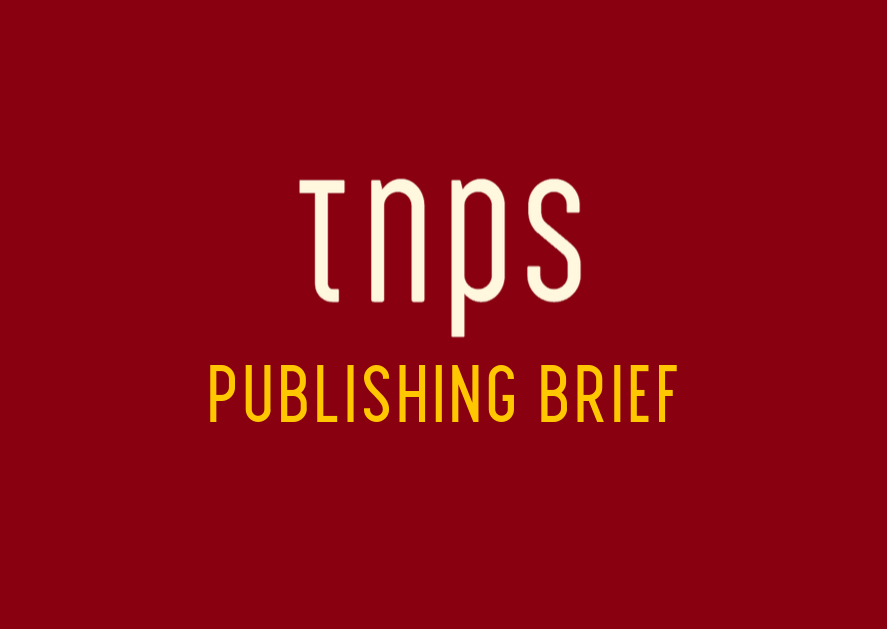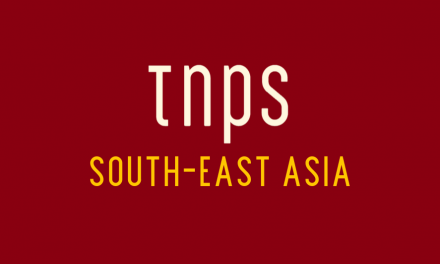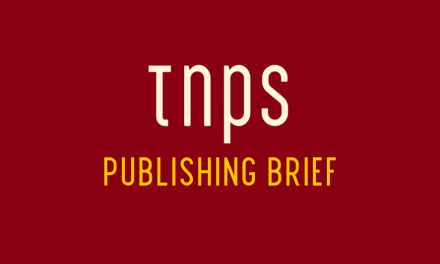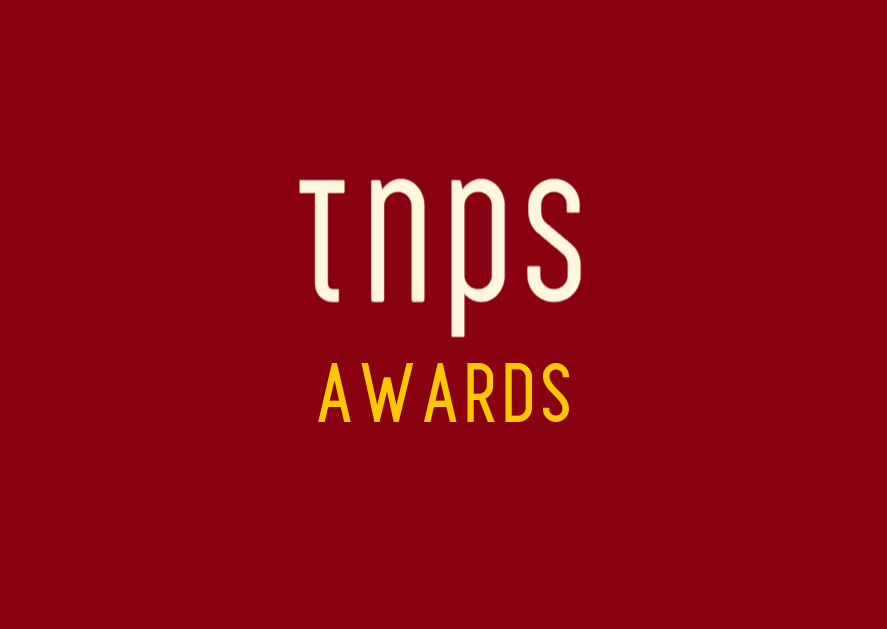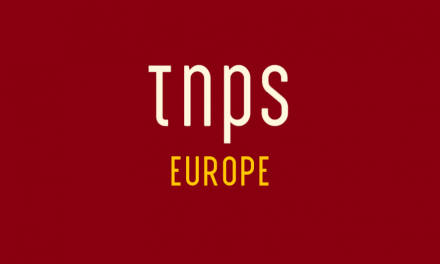Arts Council England is, for those unfamiliar with the UK’s troubled political divisions, the government-funded arts body for the southern part of the UK, England, as opposed to Scotland, Wales and Northern Ireland.
This week the Council’s literature director Sarah Crown has been warning that despite spring 2020 financial support from the Council and from government furlough support, many independent publishers are struggling, and with the imminent threat of renewed lockdowns as autumn and winter loom, small publishers are “not out of the woods” yet.
The comments came in the UK trade journal The Bookseller’s webinar on the future of small presses where Crown stressed that while the literature sector of the arts scene was faring better than the performing arts, with theatres and cinemas closed, the survival of small presses was essential to the overall health of England’s arts.
Small presses are an invigorating force that is critical for diversity and regional diversity, in the way the major publishing houses aren’t. They take the risks the bigger ones don’t want to take and are experimental in the type of books they publish.
As summarised by The Bookseller, Crown said:
A priority for the literature sector of ACE is to help small presses move from “the fragile business models they are operating in currently”, and emerge from the pandemic with more sustainable structures that are not dependent on the next book sale.
At which point one might expect that digital-first publishers would be faring better than those who placed too much reliance on print and were hardest hit by the lockdown, but digitally-focussed publishers like Hera Books were finding that’s not the case, not because demand was low, but because competition was fierce.
Hera Books’ Lindsey Mooney explained the company was experiencing a plateau in sales:
This month, the trajectory we’re on is not great, we’re not doubling sales every month like we were (in part due to) big name authors discounting heavily” (but also because) publishers who didn’t care about digital are now putting a lot of money into that.
Cherise Lopes-Baker, commissioning fiction editor at Jacaranda Books, said that Jacaranda was commissioning fewer titles because of the uncertain future for bricks & mortar sales and consequently had,
pivoted to digital,
meaning investing in an online bookstore as well as digital books.
Read more at The Bookseller.
While Sarah Crown’s focus was on the immediate future, she stressed small presses needed to take a long-term view beyond just the next possible lockdown.
Sound advice in a world where, even if a vaccine sometime soon miraculously confines Covid-19 to the dustbin of history, the “new normal” means digital will play a far bigger role in publishing in England, the UK and globally hereon.
But that means the early-adopter digital publishers with first-mover advantage will face increased competition as the new adopters move into this space.
You can’t put the digital genie back in the bottle.

